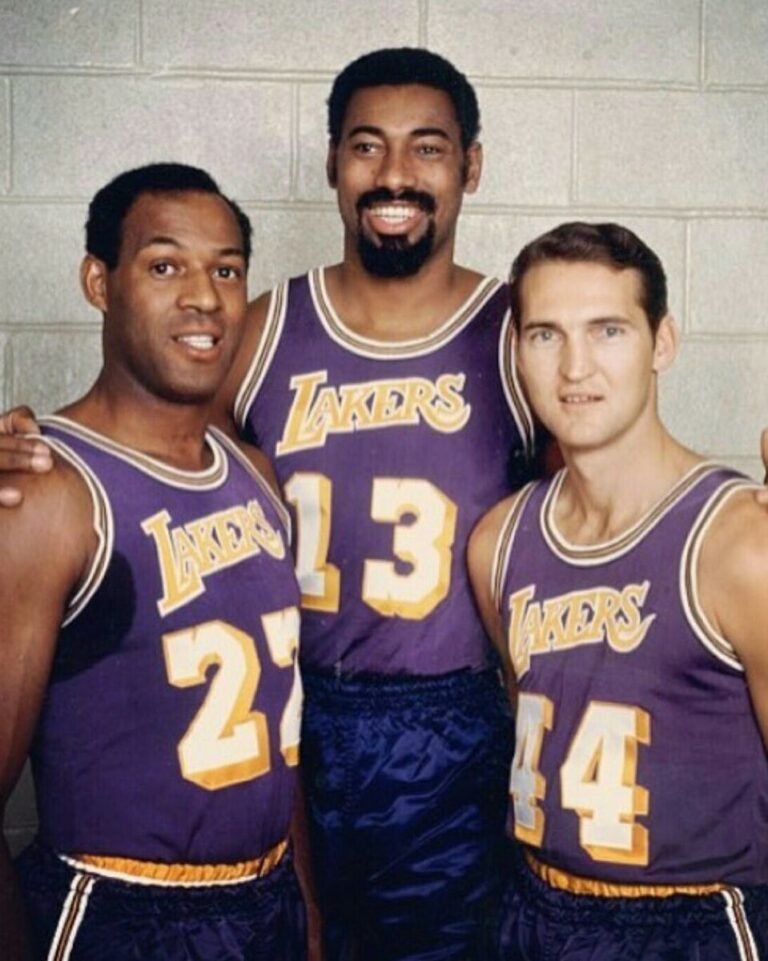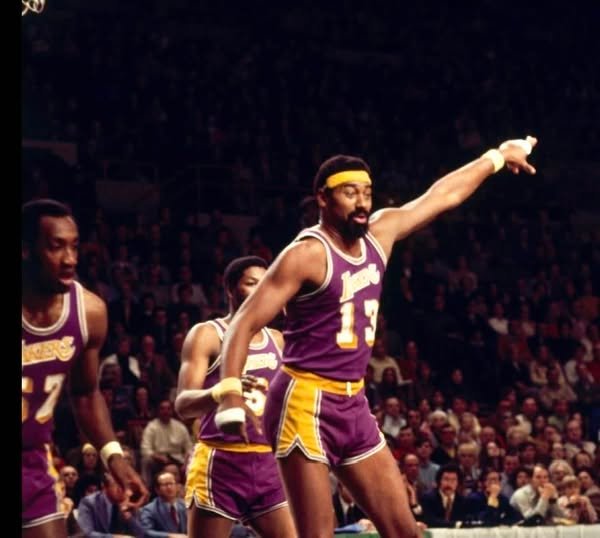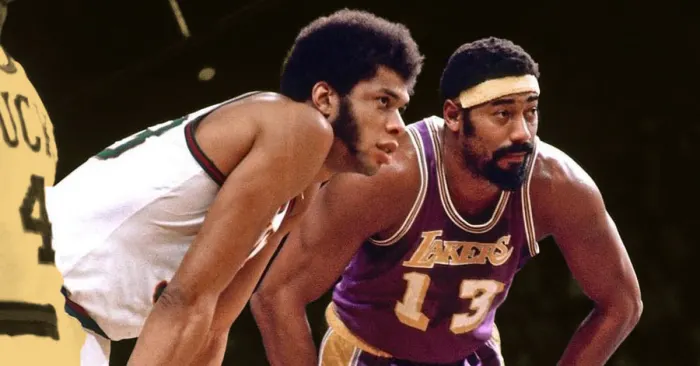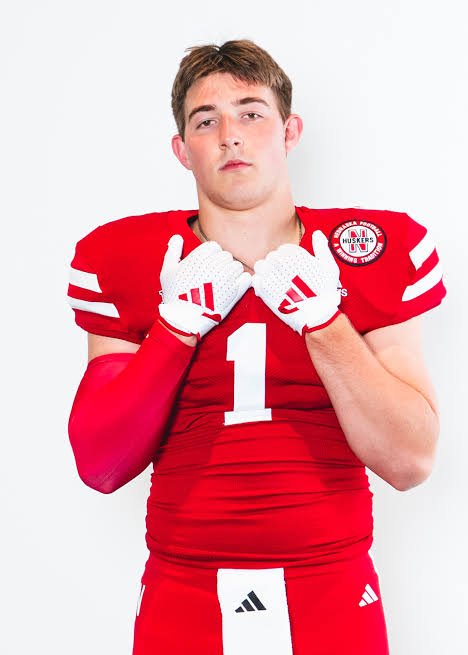
“Gail Goodrich Fires Back at Stephen A. Smith: ‘Wilt Faced Giants, Not Weak Competition'”
In a recent debate on ESPN’s First Take, Stephen A. Smith raised eyebrows when he questioned Wilt Chamberlain’s place in the greatest of all time (GOAT) conversation.
Smith argued that the NBA during Wilt’s era had fewer teams, less talent, and less athleticism, and therefore Wilt’s dominance should be viewed with “a grain of salt” compared to today’s stars.
NBA Hall of Famer Gail Goodrich, who played alongside Chamberlain with the Los Angeles Lakers, didn’t hesitate to respond. Speaking to reporters at a charity event in California, Goodrich delivered a thoughtful — but firm — defense of his legendary teammate.
“I like Stephen A. — he’s passionate, and he loves the game,” Goodrich began. “But on this one, he’s wrong. Dead wrong. Wilt Chamberlain didn’t dominate because the league was weak. He dominated because he was one of one — and he did it against some of the greatest players the game has ever seen.”
Goodrich, a five-time NBA All-Star and a key piece of the Lakers’ 1972 championship team, emphasized that the smaller number of teams in Wilt’s era actually made competition tougher, not weaker.
“There were only 8 to 14 teams back then,” Goodrich explained. “Which means every roster was stacked. You didn’t have expansion teams where you could feast on inexperienced guys. Every night, Wilt was battling against players who are now sitting in the Hall of Fame.”
Goodrich rattled off names without hesitation:
- Bill Russell, an 11-time NBA champion and defensive titan.
- Nate Thurmond, one of the strongest, toughest defenders the league has ever seen.
- Willis Reed, the heart and soul of the New York Knicks.
- Walt Bellamy, a scoring and rebounding machine.
And the list doesn’t end there.
“People forget,” Goodrich continued, “Wilt also faced Kareem Abdul-Jabbar when Kareem entered the league. That’s not ‘weak competition.’ That’s facing generational talents, game after game, with no nights off, no load management.”
Goodrich also reminded critics that players in Wilt’s era were forced to play full seasons and full minutes without the luxury of rest days or medical technology that modern players enjoy.
“When you played Wilt, you played him 48 minutes,” Goodrich said. “And he didn’t sit out. There was no managing minutes back then. If you were hurt, you taped it up and kept playing. People act like Wilt was scoring 50 on high schoolers. No, he was scoring 50 on Hall of Famers who were trying everything they could to stop him.”
And as for Wilt’s stats?
Goodrich smiled when asked about them.
“Look, the numbers don’t even seem real. 50 points per game for a season? A hundred-point game? Twenty-two rebounds per game for a career? If another player ever came close to those numbers, we’d crown him overnight. But because Wilt made it look so easy, people now try to pick it apart.”
Goodrich concluded by sending a respectful but clear message to Stephen A. Smith and anyone else doubting Chamberlain’s place among the game’s immortals:
“You can debate who your GOAT is — that’s part of what makes sports great. But if you leave Wilt Chamberlain out of the conversation, you either don’t know the history, or you’re ignoring it. I was there. I saw it. And trust me — there’s never bee






